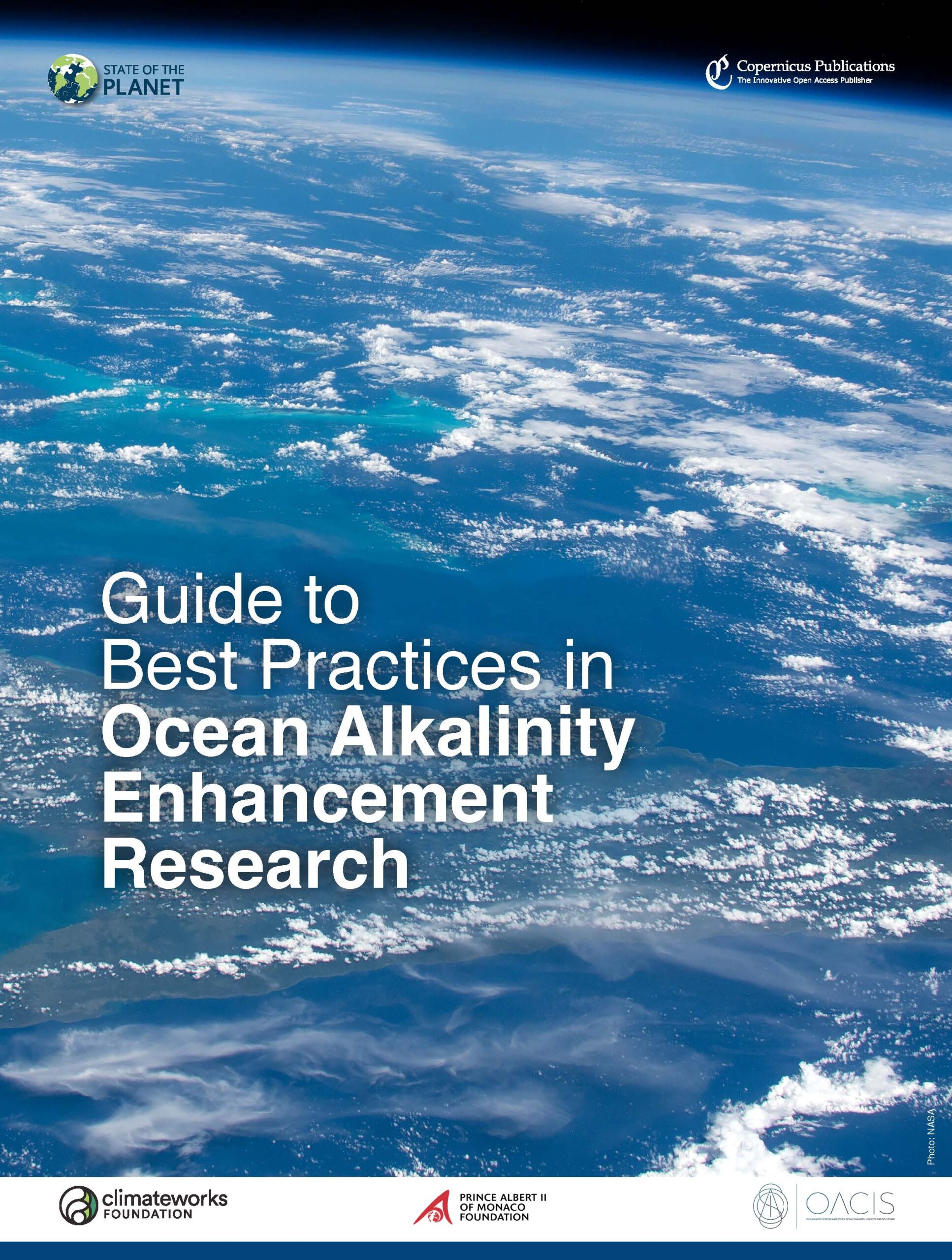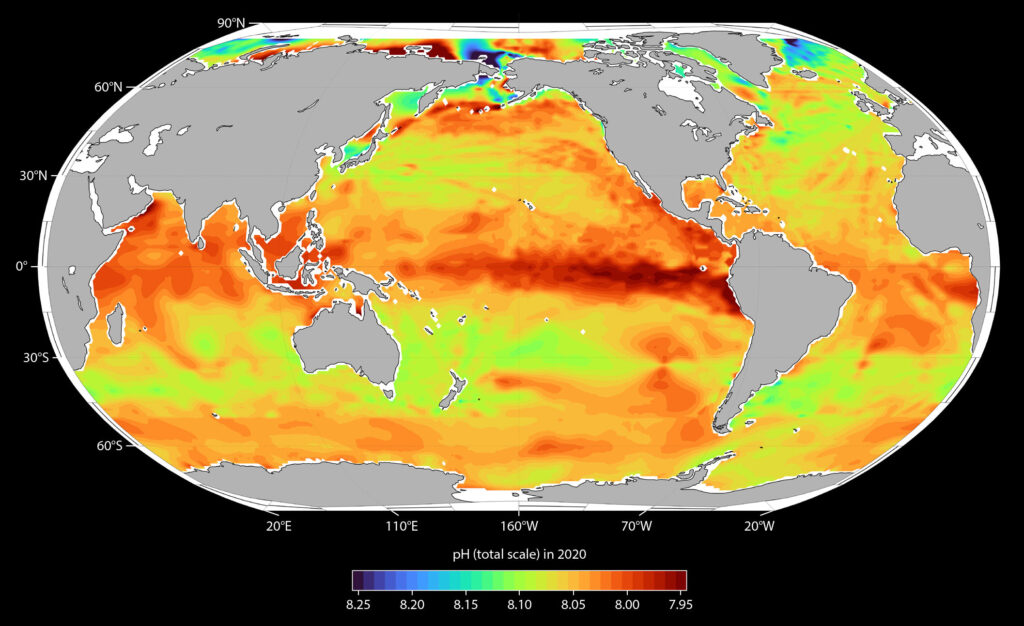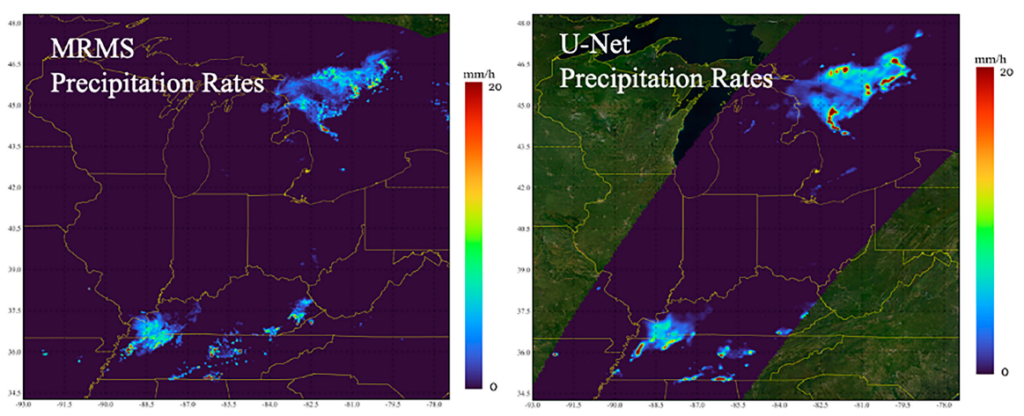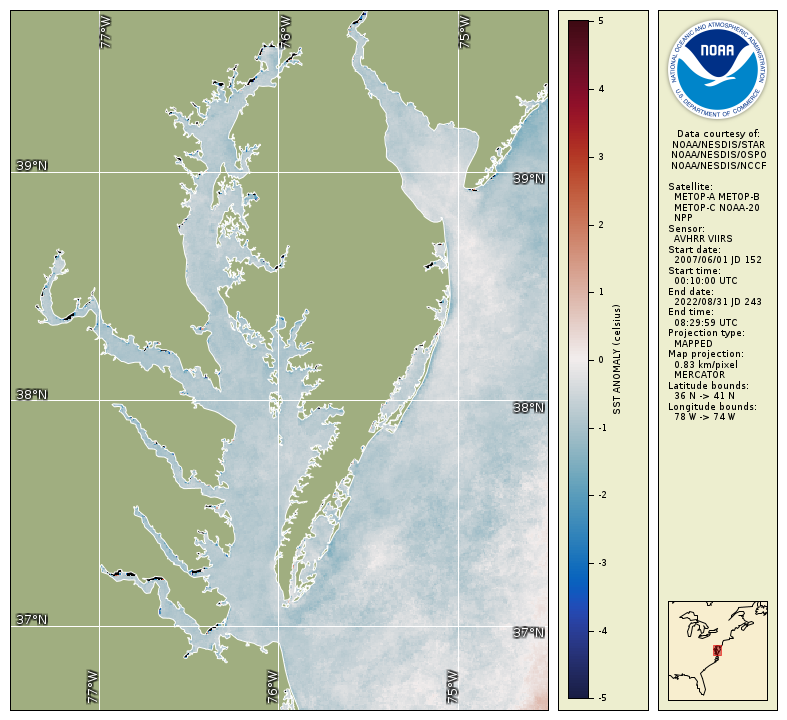
Reporting and Sharing Data for Ocean Alkalinity Enhancement Research
ESSIC/NOAA Ocean Carbon and Acidification Data System (OCADS) Scientist Liqing Jiang led a chapter of the Guide to Best Practices in Ocean Alkalinity Enhancement Research, a

ESSIC/NOAA Ocean Carbon and Acidification Data System (OCADS) Scientist Liqing Jiang led a chapter of the Guide to Best Practices in Ocean Alkalinity Enhancement Research, a

ESSIC Assistant Research Scientist Justin Pflug is an author attributed on the Fifth National Climate Assessment, the U.S. Government’s preeminent report on climate change impacts, risks, and responses. The congressionally-mandated effort provides the scientific foundation to support informed decision-making across the United States. Pflug is attributed on two chapters, “Water” and “Compound Events”.

The Hunga Tonga-Hunga Ha’apai volcano changed the chemistry, dynamics of Earth’s stratosphere

Global surface ocean pH on total scale in 2020. Modified from Jiang et al. (2023). ESSIC Scientist Liqing Jiang is a co-author on a new

On November 7th, ESSIC/CISESS Scientist Alexey Mishonov and the National Centers for Environmental Information (NCEI) released the Northern North Pacific regional climatology, version 2. This is a collection of high-resolution quality-controlled temperature and salinity fields retrieved from the latest World Ocean Database (WOD23) on standard depth levels from the sea surface to 5,200 m depth covering the period from 1955 to 2022.

ESSIC/CISESS Scientists Veljko Petković, Malarvizhi Arulraj, and CISESS Summer Intern Vesta Gorooh (UCI PhD student) have a new article in the November issue of the Journal of Hydrometeorology. The article describes the use of machine learning techniques to improve the retrieval of surface precipitation from passive meteorological sensors aboard geosynchronous Earth-orbiting (GEO) and low Earth-orbiting (LEO) satellites.

Visiting Assistant Research Scientist Dr. Joseph Finlon was recently featured in a NASA Early Career Scientist Spotlight.

The Virginian-Pilot featured a news article on November 5 highlighting a NOAA report containing an operational satellite data product from ESSIC/CISESS Senior Faculty Specialist Ron Vogel. The report, Synthesis of Environmental Impacts on Key Fishery Resources in the Chesapeake Bay, is released seasonally by the NOAA Chesapeake Bay Office and is used by regional fishery managers to help guide management decisions.

The influx of salt in streams and rivers is an ‘existential threat,’ according to a research team led by a UMD geologist.